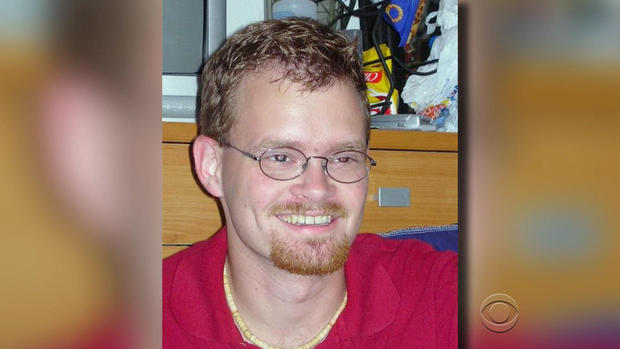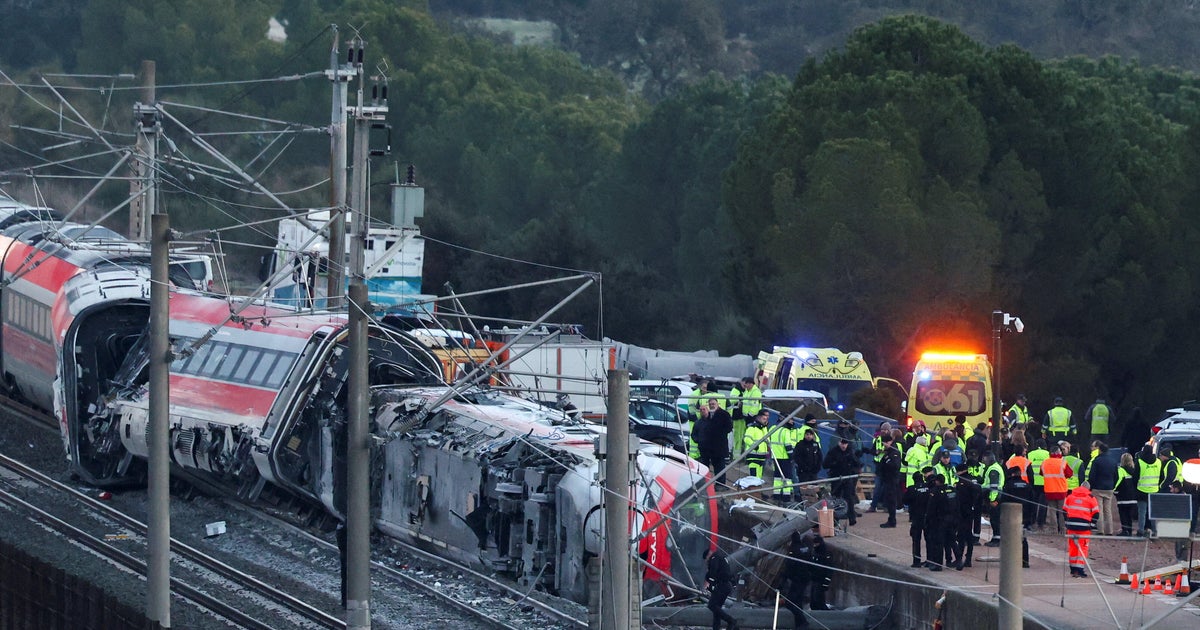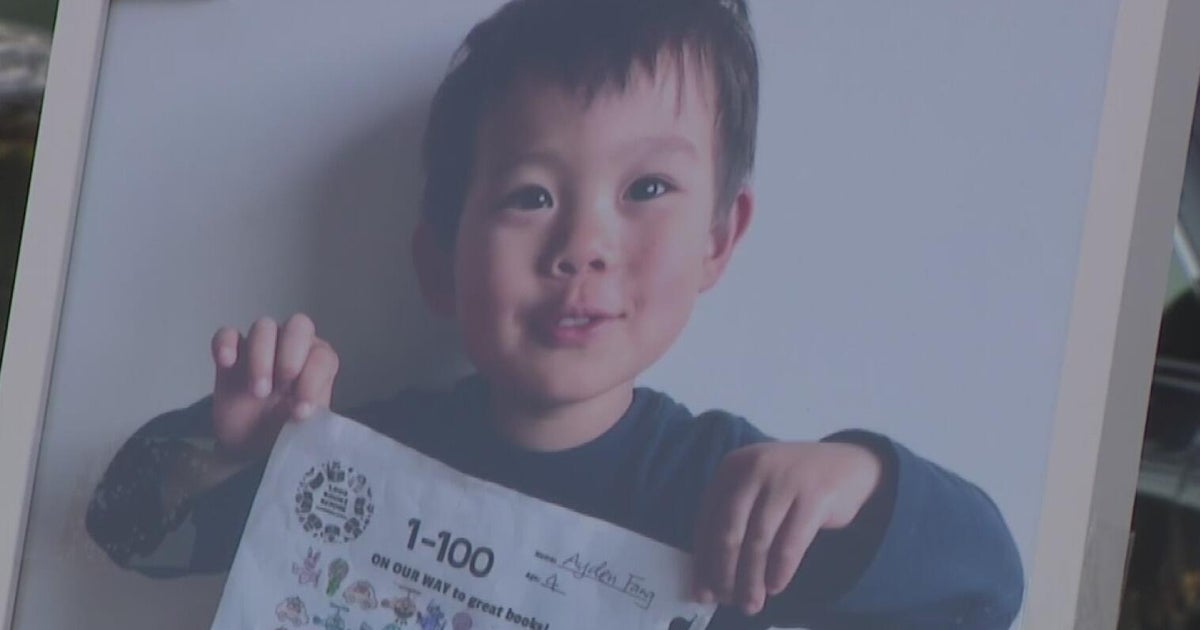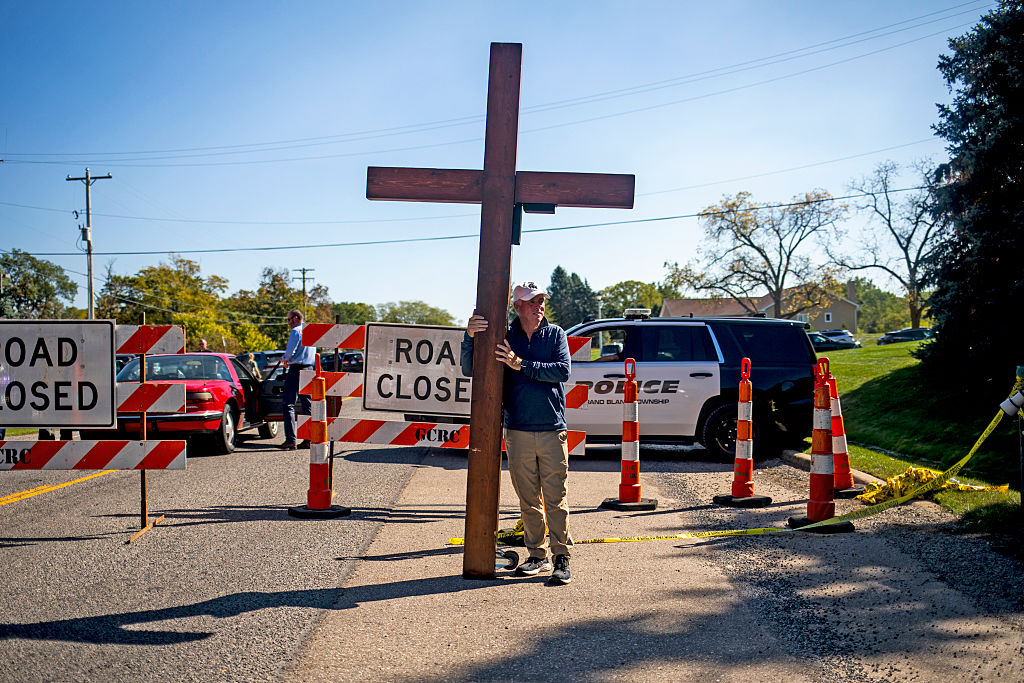Amtrak engineer involved in deadly derailment won't be charged
PHILADELPHIA -- The speeding Amtrak engineer involved in a derailment that killed eight people and injured about 200 others in Philadelphia won't face criminal charges, the city district attorney's office said Tuesday.
Prosecutors said they can't prove engineer Brandon Bostian acted with "conscious disregard" when he accelerated the train to 106 mph on a 50 mph curve.
Federal investigators concluded that Bostian lost track of his location, or "situational awareness," before the May 12, 2015, crash after learning that a nearby commuter train had been struck with a rock. They found no evidence he was under the influence of drugs or alcohol or distracted by a cellphone.
Lawyers Thomas R. Kline and Robert Mongeluzzi, who represent more than 30 victims and their families, described their clients as bitterly disappointed and said many remain in constant pain two years later.
"There is a longing for accountability when you are disabled and in excruciating pain every day," Mongeluzzi said. "The person who was the primary and sole cause of this escaped punishment and you paid the price."
Kline believes that Bostian should at least face reckless endangerment charges, a misdemeanor, if not the more serious charges that require a finding of intent.
"If he is allowed to escape responsibility, then it is an invitation for every culpable person who operates a vehicle -- whether it be a train or a car or a bus or a boat -- to say, 'I forgot where I was,'" Kline said.
But the District Attorney's Office concluded there was not enough evidence to prove that he consciously disregarded any risks to his passengers. The train had left Philadelphia minutes before, heading toward New York.
"We cannot conclude that the evidence rises to the high level necessary to charge the engineer or anyone else with a criminal offense," the office said in an unsigned statement.
The current district attorney, Seth Williams, remains in office although his law license has been suspended amid a federal bribery indictment set for trial May 31. A deputy is overseeing legal decisions, the office has said.
Amtrak has taken responsibility for the crash and agreed to pay $265 million to settle related claims.
Bostian had told investigators that just minutes before the derailment, he heard radio traffic between a dispatcher and the engineer of a Philadelphia commuter train that had been hit by a rock, CBS News transportation correspondent Kris Van Cleave reported last year.
"The dispatcher asked him a couple of times if he needed medical attention," Bostian said. "They went back and forth a few times..."
As Train 188 approached the commuter train, Bostian said he blew his train's whistle "quite a bit."
"I was concerned, with all the confusion on the radio, that they may have personnel on ground," he said.
Bostian also told investigators that the incident got him thinking about a coworker in California who was injured in a train collision and "had glass impact his eye from hitting a tractor-trailer." Bostian then accelerated the Amtrak train going into a curve.
Bostian has a personal injury suit pending against Amtrak, saying he was left disoriented or unconscious when something struck his train before the crash. His lawyer has rarely commented on the case and did not return a call for comment Tuesday.
The National Transportation Safety Board called Amtrak's long failure to implement automatic speed control throughout the busy Northeast Corridor a contributing factor.
Friends describe Bostian as a conscientious train enthusiast who had worked his way up to his dream job. In the lawsuit, Bostian said the crash left him with physical and psychological injuries that now make it difficult for him to work.






